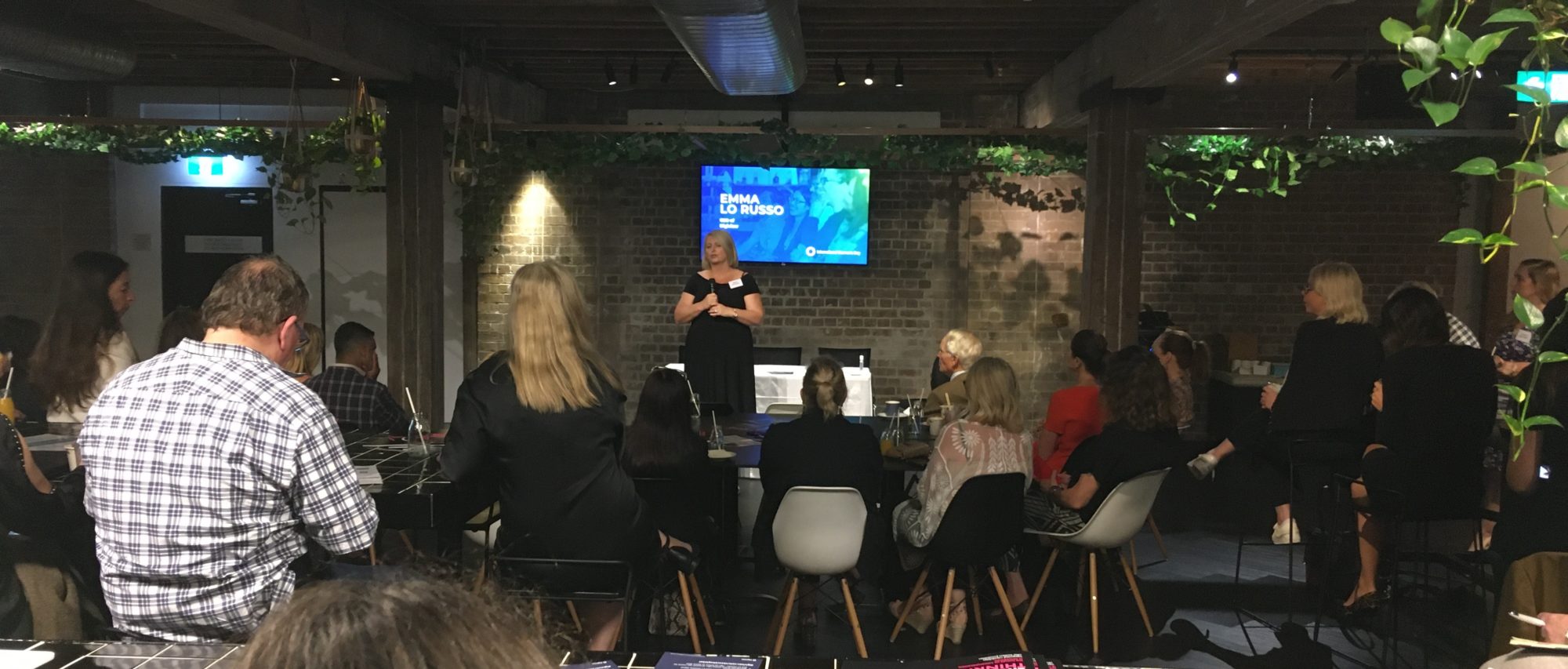I was honoured to speak last week at an event organized by Investible and FD Global Connections for International Women’s Day.
With the theme #SheScalesGlobal, I wanted to focus on what I passionately believe are the foundations for success for anyone in business, whatever their gender in growing a business globally.

The core requirement for anyone wanting to forge new markets is one of determination and resilience. Making it personal and being super determined with a minimum view of do whatever it takes, as long as you don’t die. See everything you pursue as an opportunity to continuously learn. Scaling into new markets is so much more than translation. It is localisation. And the only way you can localize is to understand the local landscape, the social, economic, political, business and personal aspirations of a country (and for large countries, the counties or regions).
International Women’s Day reminds everyone of what women continue to achieve (Apple’s advertising for International Women’s Day raises the bar I think), and more importantly, it reminds us that our own futures are ultimately in our own hands.
For any list of successful women, whether they are women from history, or women you know and work, I suspect they share a number of traits: they were the first to break barriers, they knew what they wanted to do, and they developed the skills and strategies needed to get there.
I acknowledge that the need to champion women remains, to call out their successes, and to call out entrenched biases when we see them. But I have never wished to measure myself, and any success I’ve had, only against half the population – so I speak not as a woman in business who has experienced success, but as a business leader that has experienced success.
When a vision prevails
One example comes from my time as President and COO at Altium. In the mid-2000s, Altium (a global, listed Australian software company) was expanding into China. We had a huge opportunity there, because China had declared its intent to change from “made in China” to “designed in China”. Altium’s electronics design software, though widespread, was universally pirated. Rather than take a heavy-handed legal route to clawing back revenue, we decided to emphasize and offer the added value users would get from using legitimate versions of the product.
Our vision was to legitimize our software and our customers, our strategy was to compete with, and not police software.
Noting Mao’s famous statement that “women hold up half the sky”, my experience in China was interesting. I was in my mid-thirties, the most-senior women executive in Altium, and the second-most senior of any executive after the CEO, a mother of 3 children, and they could not understand how this was even possible, for a company so well-known in China, in a culture with a one-child policy still in force.
The question was often asked there how I did it, and I made the answer, especially with the language barrier associated with being in China, very straightforward: because I want it enough.
The second example is of course Digivizer. I’m still often asked how it was that I chose to leave the corporate safety of Altium, to start a new company with new technology, again with still-young children at home. Again, the answer is that I wanted it enough.
This time, though, the vision was mine alone, for what the new company should be, what skills I would need in finance, operations, and leadership, and also to know when things simply couldn’t be done, in a company with a handful of resources. I wanted to help all businesses harness the digital footprint of their customers and prospects and make sure we built a platform that was affordable and easy to use.
I went from running a company of 450 and 2000 reselling agents globally to starting a company with 2 people, growing it today to a company of 50+ people.
About three years ago, we expanded into south-east Asia, setting up a hub in Singapore and hiring great talent in 12 other countries around the region, including Korea, Malaysia, New Zealand, Indonesia, Bangladesh and Thailand. In Digivizer’s case, we did this by learning as we went. We were moving too fast for the government bureaucracy to keep up, and we went from client contract signature to open for business in five weeks.
And in all of these examples, this has not been about any focus on my confidence as a woman, and everything about my confidence, skills and expertise as a business person.
It’s been about building the confidence to use radical candour and about managing by Objectives and Key Results, as we do in Digivizer.
Neither of course is gender-specific. And I might add neither does success become a destination reached. It is a continuous journey where I keep striving to the next peak, only to enjoy the view of the next I set to conquer.
Sharing what I have learned
My first point is a simple statement of intent: whenever I’m faced with biases, I acknowledge them, challenge them by ignoring them, going around them or over them. This is not about the empowerment of women, more a fundamental position in life that I’ve chosen to take.
Universal rules that anyone can apply include:
- Focus on seeking to add value to a business or a relationship
- Embrace people who focus on growth and seek to create great outcomes
- Focus on talent, not gender
- Don’t do what is asked, instead deliver what is needed and do what delivers greatest value
- Remove yourself as the limiting factor. We often place a lid on our growth because we do not think big enough
- Develop the mindset that you are the best person for the job
- Choose to pursue where your strengths and passions will best be used, and where they will make you most successful
- Make sure you understand the problem you solve and the value proposition you are offering, this should guide your priorities
- Identify what’s negotiable, and what’s not and stick to it (especially around balancing time with your family commitments)
- Do what makes you happy and pivot when you need to – growth implies change, so recognizing what makes you happy and continuously adapting what you do and how you work to ensure that you feel congruent in all you do!
In short, in business, the first rule is don’t die:then change, pivot, be flexible, then never give up. Put all your energies behind what you believe in, so that you are determined to smash through barriers. Only we can be responsible for our own futures and success.
I’d love to know more about your experiences and inspirations. Please share your tips and thoughts below!
With thanks to Investible, FD Global Connections, Hotwire Global, and everyone who attended the event.

